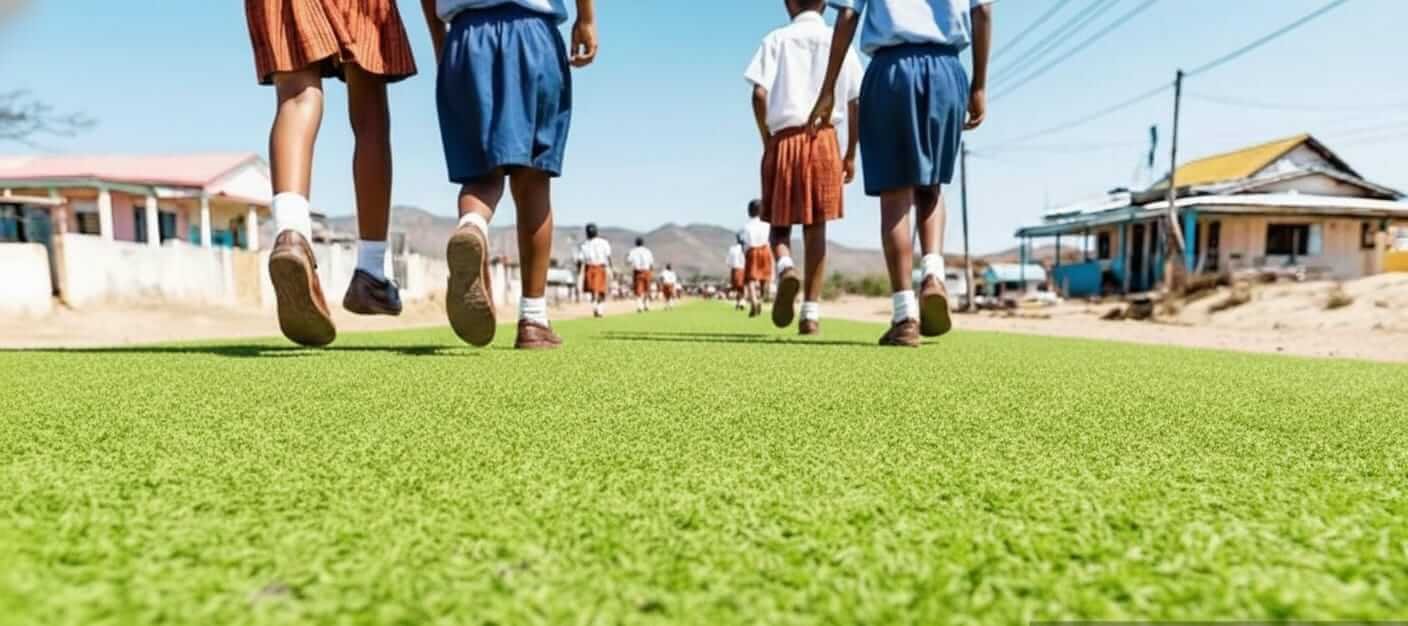· Encourage community participation to enhance the atmosphere of Value Oriented Education at grass root level.
· Establish a network of likeminded and develop the each network i.e., Teachers Network, Children’s network, SDMC network.
Through these ERCs we aim at activating a process of education were the poorest in the rural areas will be provided an authentic education for their holistic development. The process of learning will be child oriented and activity based, so that the dropout rate can be reduced. The whole education orientation will be towards social justice. The approach to education will not be institutional but people oriented. The education envisaged should include a complete training and formation of the human person. This must cover the physical, social, spiritual and moral development of the integral human personality. Value and right attitudes must be inculcated in these primary schools as the most fundamental basis of a true human development.
Ultimately, our purpose in establishing these ERCs is part of our primary aim which is to bring about social transformation of society, starting with the grassroots in the rural areas.
In concrete, through these resource centers we want:
1. To involve teachers in the primary schools in an organized and effective way.
2. To sustain and continue locally existing human and people oriented values in the primary education process for e.g. tribal and dalit values.
3. To help the rural students to understand and learn skills and new teaching methods to improve their teaching and the children’s creativity.
4. To identify local resources and utiltise them in the educational process.
5. To motivate more and more child-centred and creative activities in primary schools.
6. To actively involve teachers in educational process for e.g. preparation of test books, Government Education policy.
7. To prepare guidelines, demonstrate and find out something new for teachers to develop their skills.
8. To share their experience and contribute their ideas among teachers so that they come to know each other.
9. To spread the idea of improvising the quality of education.
10. To formulate the public’s opinion to form a better education policy.
11. To identify Child Right issues in supporting care and protection for children.

